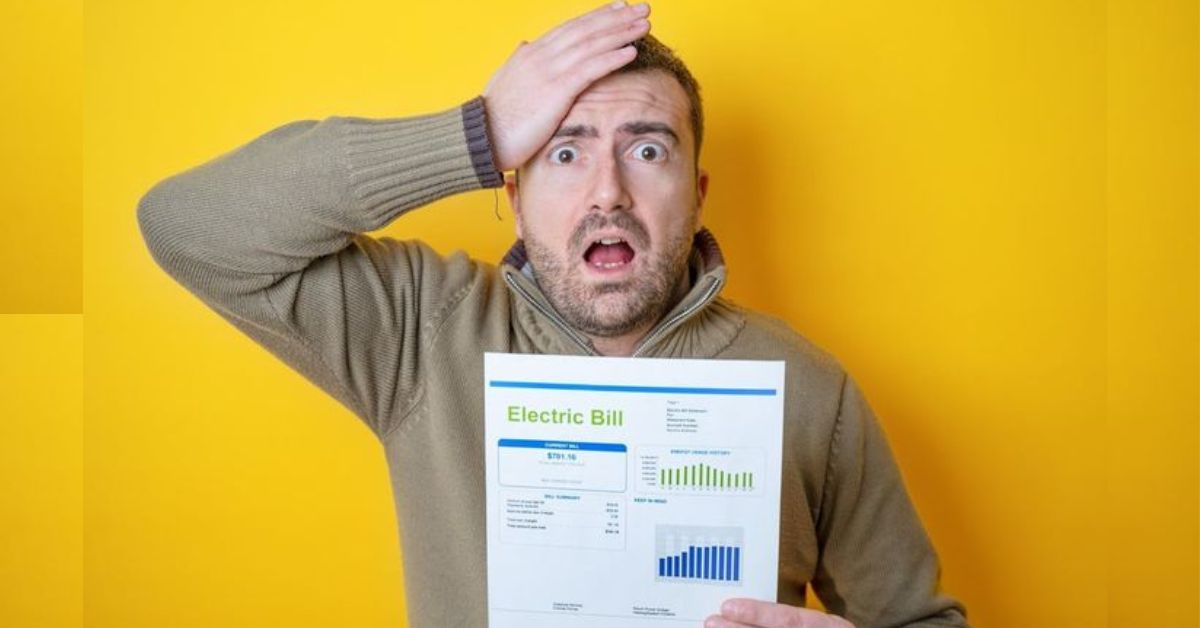Tesla and Samsung have struck a monumental $16.5 billion deal for semiconductor supply, a move that could redefine AI technology and bolster Samsung’s struggling chip business. Announced by Elon Musk on X, the agreement dedicates Samsung’s new Texas fab to producing Tesla’s next-generation AI6 chips, starting production as early as 2027.
This partnership, detailed in a Reuters report, isn’t just about chips it’s a strategic alliance that could reshape the semiconductor landscape and Tesla’s path to full self-driving (FSD) dominance. At NQTV365, we’ve dissected the news to bring you a clear, human perspective on what this means, why it’s huge, and how it might play out.
The deal, effective from July 26, 2025, to December 31, 2033, secures Samsung as a key supplier for Tesla’s AI ambitions. Musk’s post highlighted the “strategic importance” of this move, noting that Samsung’s Texas facility will focus solely on Tesla’s AI6 chips, following TSMC’s role in producing the AI5 chips.
This shift comes as Samsung’s contract chip-making business has been losing ground to rivals like TSMC, making Tesla’s commitment a lifeline. The $16.5 billion figure, while not fully detailed in public filings, underscores the scale of investment, with Samsung’s shares jumping 3.5% on the news, reflecting market optimism.
Why This Matters for Tesla’s AI Ambitions
For Tesla, this deal is a critical step toward its goal of achieving full self-driving capabilities. The AI6 chips, set to power Tesla’s autonomous driving systems, are designed to handle the massive data loads required for real-time decision-making in vehicles.
Musk has been vocal about the need for cutting-edge semiconductors to support Tesla’s FSD software, which relies on neural networks trained on vast amounts of driving data. The AI6, an evolution from the current AI4 chips made by Samsung and the upcoming AI5 by TSMC, promises improved efficiency and performance, potentially accelerating Tesla’s timeline for Level 5 autonomy.
The partnership also addresses Tesla’s supply chain vulnerabilities. With TSMC stretched thin and geopolitical tensions risking disruptions,
Samsung’s Texas fab offers a safer, closer option. Musk emphasized his personal involvement in maximizing manufacturing efficiency, hinting at a hands-on approach to ensure the chips meet Tesla’s stringent requirements.
This could shave months off production timelines, crucial as Tesla competes with rivals like Waymo and traditional automakers investing heavily in autonomous tech. For Tesla investors, this deal signals a commitment to innovation, potentially boosting stock value as FSD adoption grows.
Samsung’s Turnaround in the Chip Market
For Samsung, this deal is a game-changer. The company’s contract chip-making business, or foundry, has been struggling, losing market share to TSMC and facing losses due to inefficiencies and competition.
The Tesla partnership injects a massive $16.5 billion into this division, providing a clear path to profitability. Samsung’s Chairman Jay Y. Lee has been pushing to expand beyond memory chips into logic chips, and this deal aligns perfectly with that strategy. The Texas fab, part of a $17 billion investment, will now have a dedicated customer, reducing the risk of underutilization.
Samsung’s shares surged over 6% following the announcement, hitting their highest since September 2024, as investors bet on a turnaround. The company’s ability to produce the AI6 chips, leveraging its 2nm GAA (gate-all-around) technology, positions it as a credible player in the high-performance semiconductor market.
This technology, now achieving yield rates above 40%, could give Samsung an edge over TSMC, which faces its own challenges in scaling production. For Samsung, this isn’t just about Tesla it’s a signal to other tech giants that it’s back in the game, potentially attracting more contracts from companies like NVIDIA or Qualcomm.
Global Implications for Semiconductors
This deal has ripple effects across the global semiconductor industry. It intensifies the competition between Samsung and TSMC, the current leader in contract chip manufacturing. TSMC, which makes Tesla’s AI5 chips, now faces pressure to maintain its edge, especially as Samsung gains a foothold with Tesla.
The shift also highlights the strategic importance of U.S.-based production, with Samsung’s Texas fab countering TSMC’s dominance in Taiwan. This could influence other tech firms to diversify their supply chains, reducing reliance on single regions amid geopolitical risks.
The deal also boosts South Korea’s K-Semiconductor Strategy, a $450 billion initiative to dominate the AI-driven chip market.
By securing Tesla as a major client, South Korea solidifies its position as a global tech hub, potentially drawing more foreign investment. However, it could strain relations with Taiwan, a key U.S. ally, as the semiconductor rivalry heats up. China, another major player, might respond with its own incentives to attract tech giants, further complicating the global landscape.
For consumers, this could mean faster advancements in AI and autonomous tech, but also higher costs as semiconductor prices rise due to demand.
The deal’s scale suggests a tightening market, where even minor disruptions could spike prices for everything from smartphones to cars. Investors in semiconductor stocks should watch closely, as this could shift market dynamics, favoring Samsung while challenging TSMC and others.
What’s Next for Tesla, Samsung, and the Tech World
Looking ahead, this partnership could accelerate Tesla’s FSD rollout, with AI6 chips potentially hitting the road by late 2027.
Musk’s involvement in efficiency tweaks could shorten development cycles, giving Tesla a competitive edge. For Samsung, success with Tesla could open doors to other AI-focused clients, revitalizing its foundry business.
The Texas fab’s dedication to Tesla’s needs might also spur innovations in chip design, benefiting both companies.
However, challenges loom. Tesla’s history of missing targets means the 2027 timeline could slip, and Samsung must deliver on quality to maintain trust.
Geopolitical tensions could disrupt supply chains, and TSMC’s response potentially expanding in Arizona could intensify competition. The global tech world will watch how this plays out, as it could set a precedent for other massive chip deals, reshaping alliances and market shares.
For you, stay tuned to Tesla’s FSD updates and semiconductor stock movements. Engage with tech policy debates through online forums or local groups to influence how these shifts unfold. This Tesla-Samsung deal isn’t just about chips it’s about the future of AI, driving, and global tech power.
Learn about Samsung’s chip technology at Samsung Newsroom. Dive into Tesla’s AI goals at Tesla.
Author
-

Connor Walsh is a passionate tech analyst with a sharp eye for emerging technologies, AI developments, and gadget innovation. With over a decade of hands-on experience in the tech industry, Connor blends technical knowledge with an engaging writing style to decode the digital world for everyday readers. When he’s not testing the latest apps or reviewing smart devices, he’s exploring the future of tech with bold predictions and honest insights.







